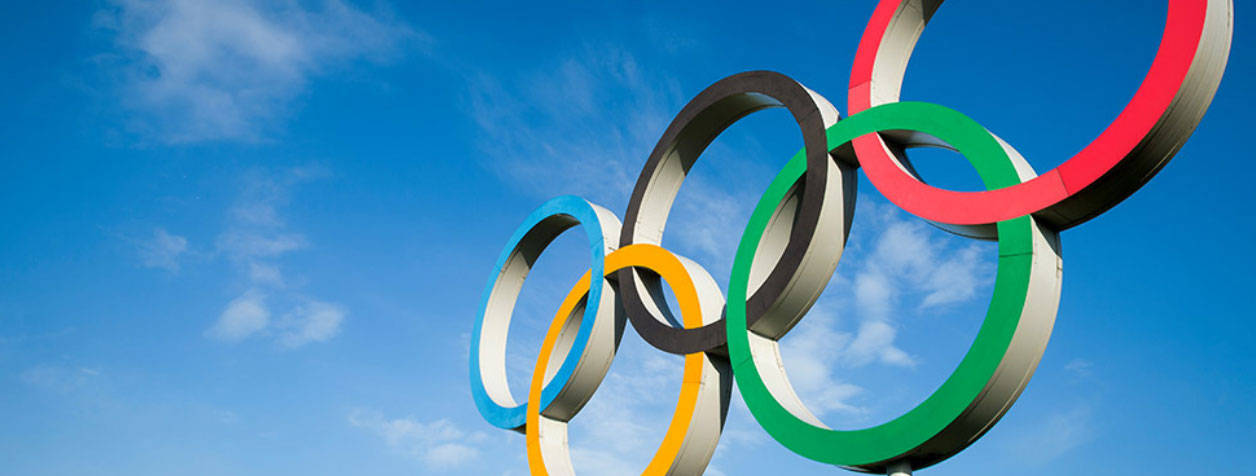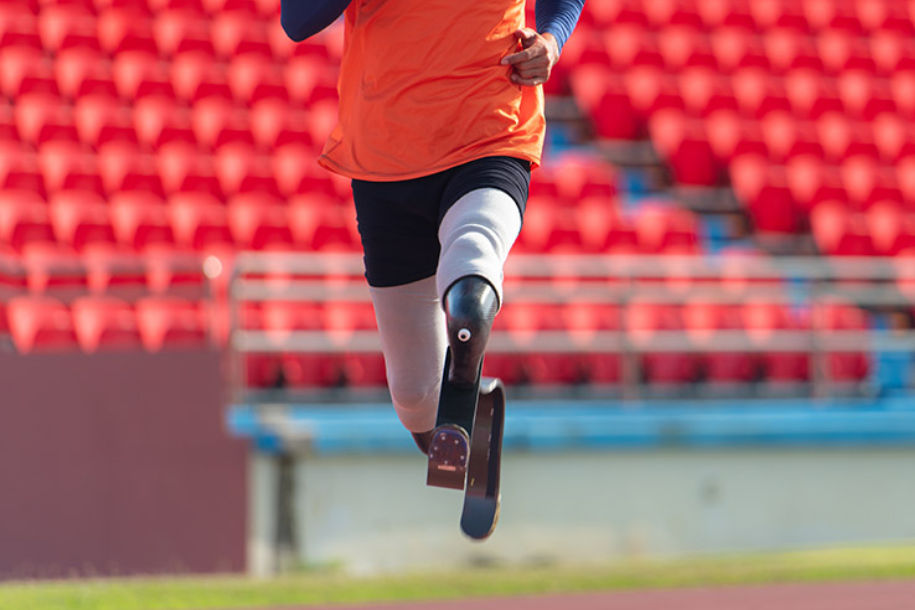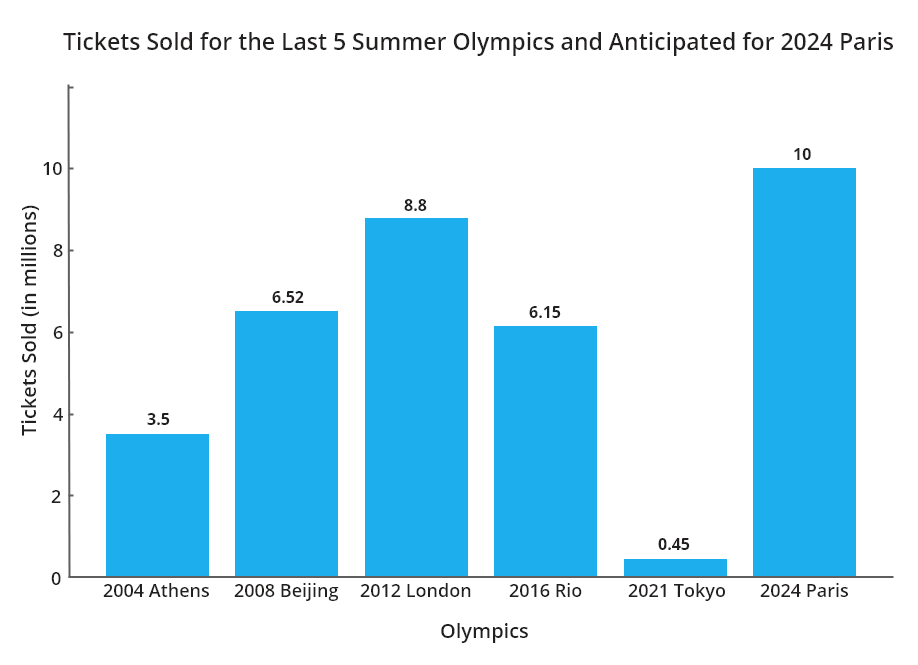Supporting Sporting Success: Accident & Health Insurance Challenges and the Olympics

Guy Bonwick
Head of Global Specialty Accident and Health at AXIS

In July 2024, 10,500 athletes from 206 National Olympic Committees (NOCs)1 representing their countries will descend on Paris for the summer Olympic Games to compete in 3292 medal events in 32 different sports, over 16 days.
Soon after will be the Paralympic Games beginning August 28, when a further 4,000 athletes will compete in 549 medal events spanning 22 different sports.3
The accumulation of elite athletes competing in close proximity at the highest level at a high-profile event such as the Olympics brings a myriad of complex risks that require the financial and risk management safety net that specialty insurance can provide. For the Accident & Health market, the Olympics means providing coverage for the armies of support teams, event volunteers, spectators, sponsors, dignitaries and media – as well, of course, as the individual athletes themselves. These insurance solutions, therefore, need to be tailored, comprehensive and global in scope.
Meeting the Unique Needs of Elite Sportspeople
Whether it’s BMX cycling, badminton, diving, pole vaulting, gymnastics or marathon running – elite sportspeople require specialty coverage, underwritten by insurers with extensive experience and knowledge of the particular risks associated with all manner of team and individual sports.

What happens if an athlete pulls a muscle the night before their event and can’t compete the next day? What if the injury is more serious and affects their longer-term ability to compete? It’s not just the event that the athlete needs to be insured for; if their injury becomes chronic, what does that mean for their future earnings including sponsorship deals?
While insurance cannot prevent these injuries from happening, it can reduce the financial burden on teams, players and individuals. And, increasingly, data collected about athletes’ performances and health including the nature of their injuries and recovery is helping to shape risk-prevention strategies of the future.
Teams also need tailored protection should their equipment be lost or damaged during travel. At this year’s games the Australian track cycling team will be riding the Factor Hanzo track bike worth a cool $60,0004 each. Running blades for Paralympians cost around $4,000 - $6,0005, and racing wheelchairs can cost between $5,000 - $10,000.6

For athletic events, some sportspeople require more than one type of equipment. Modern pentathletes, for example, each require a horse, laser pistol, and a thrusting sword or “epee”, as well as the correct uniforms and safety equipment needed for each of the five components of show jumping, fencing, swimming, running, and shooting. Other examples of specialized kits include water-sports equipment, shotguns and an archer’s bow and arrows.
Travel coverage can be shaped or tailored to include these special items and other non-traditional requests that might not be covered in the average leisure travel policy that a spectator would purchase when making their arrangements to attend the games.
Emerging Sports and Esports
While specialty insurance products have been available for most traditional sports for many years, specialist sports insurers must also adapt to incorporate the array of new and emerging sports, creating products that meet the unique risks that can arise for these sportspeople.
Breaking, more commonly known as breakdancing, will be making its Olympic debut this year with a separate men’s and women’s event. 16 “B-Boys” and 16 “B-Girls” will go head-to-head in spectacular solo battles7 never before seen at this elite level. Risks for this sport could include injuries associated with overuse along with sprains, tears, fractures, dislocations, and concussions to name a few.

Meanwhile, the International Olympic Committee (IOC) announced that it has partnered with the NOC of Saudi Arabia to host the inaugural Olympic Esports Games 2025. The IOC will create a new dedicted structure within its organization, “clearly separated from the organizational and financial model for the Olympic games, welcoming a new era of international sport.8
Not surprisingly, the risks presented by esports differ somewhat from physical sports. While there are physical issues to take into consideration including the impact of stress on the body and repetitive injuries associated with esports, in our experience, as underwriters of both esports and physical sports, we have found that esports athletes are at a higher risk of mental health issues such as burnout from the pressure of extensive practice. The differences between these athletes and those in traditional sports are reflected in esports coverage.

Comprehensive Coverage for the Whole Event
While billions will watch the events on their television screens, the Olympic spirit will be felt most keenly by the millions of spectators who will also travel to Paris from all corners of the world to soak up the atmosphere and experience the games in person.

∗2024 ticket sales are anticipated, 2021 was during COVID-19 pandemic
Where there are large groups of people all traveling to a high-profile event, be they athletes, support staff, volunteers or spectators, it is important to consider a travel component to their attendance. In addition to travel assistance and coverage for delays and cancellations, travel coverage can include repatriation and evacuation in the event of an emergency.

Considering the possible threats at any one time during an event such as the Olympics is vital for insurers to manage potential aggregations, with the opening and closing ceremonies presenting the largest potential risk of serious incident.
From delegates to spectators, anyone is at risk and therefore organizations that are sending employees to the Olympics may benefit from a tailored corporate accident policy, which can cover the variety of risks involved.
No matter in what capacity anyone is travelling to Paris 2024, it will be a gathering together of the best of the best sportspeople from all over the world and promises to be a spectacle to remember.

Guy Bonwick is Head of Global Specialty Accident and Health at AXIS and is based in London.
The team writes a book of general accident; health and travel; professional and amateur sports, marine and aviation personal accident; and loss of license across the world. Before joining the insurance industry, Guy was a professional footballer at Ipswich Town Football Club before subsequently being offered a scholarship to Loughborough University where he achieved a BSc in Management Sciences.
- 1 https://olympics.com/ioc/faq/competing-and-being-part-of-the-games/how-many-athletes-and-countries-take-part-in-the-olympic-games
- 2 https://olympics.com/en/news/olympic-games-paris-2024-full-schedule-and-day-by-day-competitions
- 3 https://www.paralympic.org/paris-2024/sports
- 4 https://www.bicycling.com/news/a60247442/paris-olympics-60k-track-bike/
- 5 https://www.outsideonline.com/outdoor-gear/gear-news/paralympics-innovative-sports-gear/
- 6 https://www.usparatf.org/news/2024/march/20/travel-expenses-quickly-add-up-for-para-athletes-tatyana-mcfadden-wants-to-help-with-that
- 7 https://olympics.com/en/paris-2024/sports/breaking
- 8 https://olympics.com/ioc/news/ioc-announces-olympic-esports-games-to-be-hosted-in-the-kingdom-of-saudi-arabia

